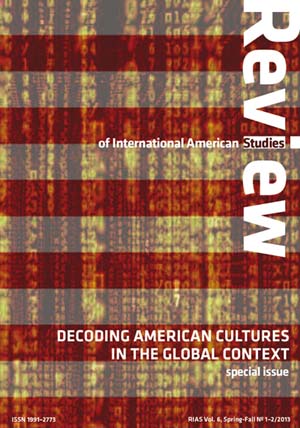GLOBALIZATION, IDENTITY AND CULTURAL CORES: Mixed-Blood and Métis Writers in Canada and the US
GLOBALIZATION, IDENTITY AND CULTURAL CORES: Mixed-Blood and Métis Writers in Canada and the US
Author(s): Pamela V. SingSubject(s): Language and Literature Studies, Studies of Literature, Other Language Literature, Cultural Anthropology / Ethnology
Published by: Wydawnictwo Uniwersytetu Śląskiego
Summary/Abstract: Contemporary cultural theory construes identity as a particular, modern, way of socially organizing cultural experience. Stuart Hall (1996), notably, discusses it succinctly as an ensemble of definitional practices anchored in the positioning of one’s group in relation and in contradistinction to other groups. History, language and culture are effective resources to use in reinforcing one group’s ‘difference’ or distinctiveness, because they appear to invoke origins in a historical past with which one’s group continues to correspond; that is to say that they are readily used in the creation of origin myths. Benedict Anderson has famously asserted that our cultural identity is constructed by self and communal definitions predicated on specific, usually politically inflected differentiations such as gender, religion, race, or nationality; all are categories of imagined or imaginary belongings which are publicly institutionalized and discursively organized. Thus it is that we live our gender, race, religion, or nationality in a structured way, that is to say, according to a politics.
Journal: Review of International American Studies
- Issue Year: 6/2013
- Issue No: 1-2
- Page Range: 215-236
- Page Count: 22
- Language: English

